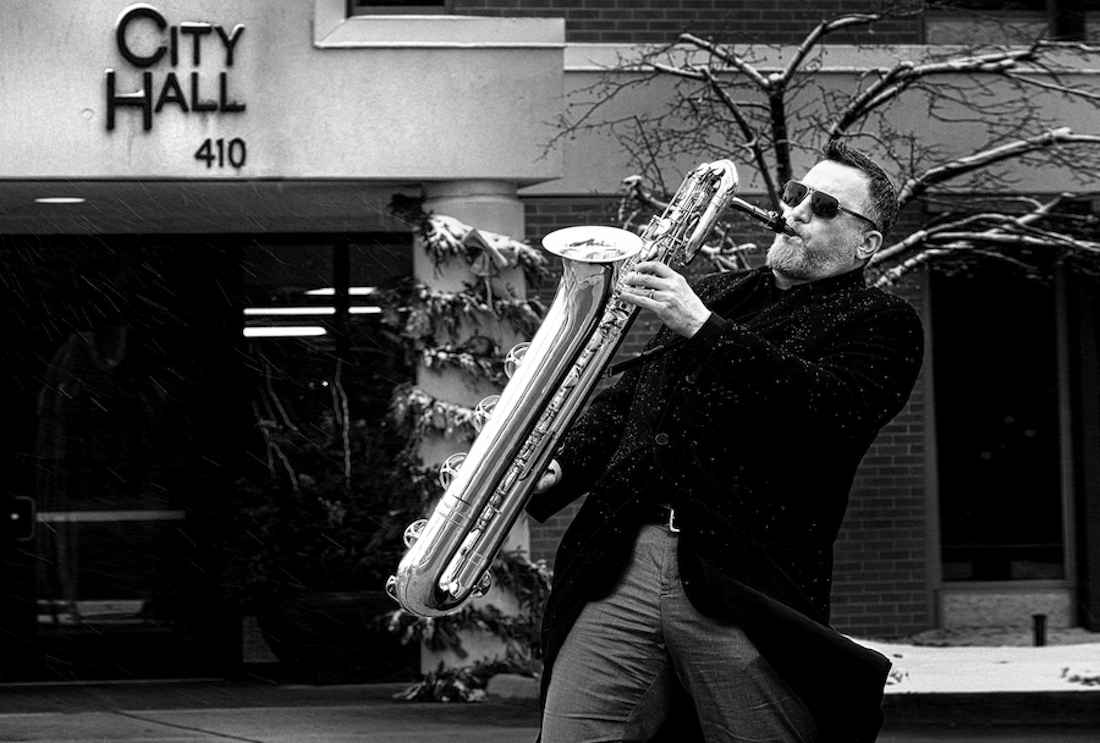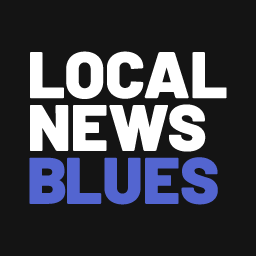Why Local News Blues?
Let’s stop grieving the past and talk frankly about the reality of doing local news.

By Alice Dreger
“Journalism is not a career path. It’s a psychosis.”
Every time I put this claim to people who are working as local news publishers and managing editors, they groan, they laugh, they nod.
The concise statement of wisdom comes from my friend Amos Gelb, Founder and Publisher of DC Witness. True journalists, Amos notes, don’t come for the paycheck. They come because they itch to know reality, and the only way to scratch that itch is to ferret out the truth and tell it to others. As soon as they’ve scratched, they’re itchy again.
Me, I’m very itchy.
Still – like a remarkable number of people running start-up local news organizations today – I got into municipal journalism sort of by accident. A decade ago, while I was a full professor in history of medicine and bioethics at Northwestern University’s Feinberg School of Medicine, I was finishing up Galileo’s Middle Finger, a book that included the results of three major, yearslong investigative history projects centered on scientific controversies over human identities (one; two; three). At the time, I was also regularly writing for national outlets, including the New York Times, The Atlantic, and Pacific Standard.
In other words, I didn’t have a lot of time or reason to pay attention to the local.
But what Amos calls the psychosis doesn’t respect limits. If you’ve got it, and you see something amiss, it doesn’t matter whether it’s “just” local; you gotta know, and you gotta tell.
Right about the time Penguin Press and I were doing the final rounds on Galileo’s Middle Finger – prepublication legal review, copyediting – I had come to realize the city where I was living most of the time had no real news. No one was covering (or even watching) East Lansing’s City Council. Nobody outside the government seemed to be paying attention to where local tax dollars were going. The police operated without citizens’ scrutiny, even as Black people regularly called ours a “sundown town.”
By the time I founded East Lansing Info (known around town as “ELi”), I knew what East Lansing, Michigan, did have: A municipal pension obligation run beyond our means, around $200 million for a city with only 20,000 year-round residents. An infrastructure grid dating to the early 1900s that sometimes appeared more likely to kill us than service us. And a city government seriously entertaining a $100+ million public-private downtown redevelopment scheme with an iffy developer.
So, in 2014, I gathered up some folks and we started ELi as a factual, nonpartisan, nonprofit news operation. This baby succeeded beyond my wildest imagination. All those dreamy things people say happen with timely, accurate local news really did occur.
East Lansing developed an actual self-identity beyond Michigan State University. Residents got accustomed to having news and asking sharp questions. Council elections became about big local issues, and voting rates went up. Contracts that hadn’t been bidded out suddenly were. For the first time in perhaps forever, East Lansing had serious reporting on big redevelopment, policing practices, environmental problems, violence in the schools, and so much more.
Ten years of tracking bad acts by well-intended people finally burned me out beyond use. I stepped away from ELi in October 2023 and am now working on a new book. It’s a kind of sequel to Galileo’s Middle Finger as it is about the “psychotic” people doing local news in America today. (Galileo’s Middle Finger also focused on obsessive truth-seekers.)
My aim isn’t to rehash the story everyone’s heard by now – that local news is threatened, and that the loss of local news is dangerous, costly, tragic. Instead, my aim is to sing of the madness and the nobility that is local journalism – the need to know about one’s own locale, its leadership, its power, its people.
While I work on the book, it’s clear to me that we need a place right now to talk together about what I’m hearing in my interviews and learning in my research.
It’s become clear to me over the last five years that local news producers are often worried about publicly speaking the truth about the industry itself. Part of that comes from being unsure that anyone cares what they have to say or that their own experiences are anything like others’. But part of it comes from the fear of biting the hands that feed us with grants and moral support.
Local News Blues is designed to be a way to externalize the conversations so many of us have been having behind the scenes, allowing us to share those conversations with more of our peers but also to speak back to so much of the frustrating pontificating and punditry committed by people who haven’t done local news in years (if ever).
An advantage of my having now separated from ELi is that I no longer have to worry that calling b.s. is going to hurt my organization in terms of grant opportunities – one reason many of us have kept our conversations about doing local news private. Here, now, I can bring stories, commentary, and analysis from others in the business without outing them.
But there’s plenty I also want to bring with the names of the producers, because there are so many of you wizened people doing local news whose insights and criticisms otherwise go unheard.
If you’re a local news producer, please do add your voice to the comments section. Pitch your ideas. And consider writing commentary and analysis for Local News Blues. If this thing makes any money, I’m happy to pay you for contributions.
Let’s stop grieving the past and talk frankly about the reality of doing local news.
Alice Dreger is a journalist, historian, and the publisher of Local News Blues. She founded East Lansing Info, a nonprofit digital investigative news service, and ran the operation for about ten years. Read more at the Local News Blues contributors page.





